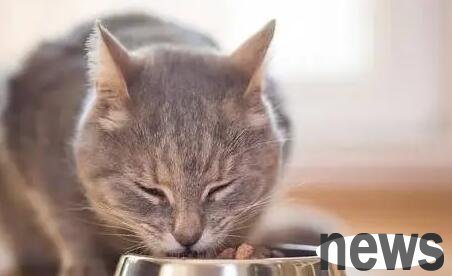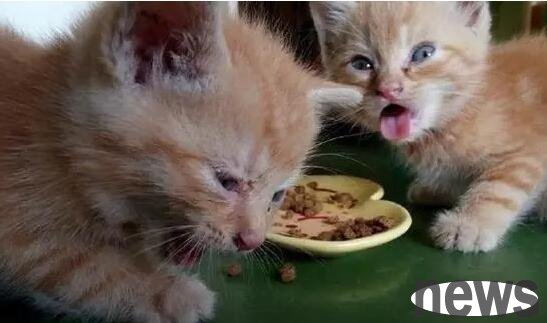Sometimes cats beg for human food, especially when they see you eating. Giving your cat any leftovers or tidbits of human food is a dangerous practice and should not be encouraged for a variety of reasons. First, cats need the nutrients that are specifically provided for them in quality cat food, and any "extra" they consume will take away their appetite for regular meals. A small piece of turkey or chicken on the plate certainly won't kill the cat, but you're helping it develop bad habits.
Human food is not suitable for cats to eat
The main reason why cats are not encouraged to feed "human food" is that there are many foods that are toxic to cats. While it is both delicious and harmless to humans, a simple nibbler can endanger your cat's life. If you are a cat owner, it is important to be familiar with everyday foods that can be dangerous or even deadly for cats.

Foods that are toxic to cats
·Green tomatoes and raw green potatoes
These foods are members of the Solanaceae family, including the deadly Solanaceae, and contain a bitter toxic alkaloid called the glycoside alkaloid solanine, which can cause severe lower digestive tract symptoms. Leaves and stems are particularly toxic. If you see tomatoes included in your pre-made pet food, don't worry. They are made of ripe tomatoes, so there should be no need to worry about it, as they appear relatively small.
·Chocolate
Although chocolate is known to be dangerous to dogs, it is also poisonous to cats. 1 Cocoa alkali is a harmful substance that can cause chocolate poisoning in cats. This substance has the highest concentration in dark chocolate and unsweetened chocolate.
·The toxicity of these foods, grapes and raisins, is mainly found in dogs and has varying numbers. ASPCA recommends: “Because there are still many unknowns on the potential toxicity of grapes and raisins, the ASPCA Animal Poison Control Center recommends not feeding pets any number of grapes or raisins.” There is no reason to take risks, so it’s best to keep these fruits away from your cat.
·Avocado
Although avocados are beneficial to humans, they are slightly toxic to cats. Leaves, seeds, bark and fruits themselves contain Persin, which can cause vomiting and diarrhea in cats. Avocados are very rich and have high fat content, which can lead to gastroenteritis or pancreatitis. If you have a bowl of guacamole at a party, be especially careful. You don't want your cat to eat any of this snack or lick the spoon or fork used to make it.

Alcohol
·All types of alcohol can be toxic to pet cats.
While a small sip of alcoholic beverage is not fatal, drinking in large quantities can be fatal. If you are hosting a party and serving alcoholic beverages, be sure to clean the drink thoroughly and avoid leaving a large glass overnight or opening the alcohol container as your cat may consume more. Alcohol beverages are not the only potential source of alcoholism in cats. Intake of hand sanitizer, mouthwash, fermented fruits and bread dough containing yeast can also cause alcohol exposure.
·Onion, garlic and related root vegetables
Onion contains a substance (N-propyl disulfide) that can damage red blood cells in cats and lead to anemia called Heinzian anemia. Garlic has the similarity that it can also cause red blood cell damage and anemia. It is dangerous for a cat to eat a whole clove of garlic or any large chunks of raw onions. Cats can also be exposed to garlic and onions in powder form, which can be found in potato chips, soups and seasonings.
·Other foods to avoid
There are many foods that are not toxic to cats, but should be avoided. Pet cats should not eat meat supplements, raw eggs and caffeine-containing beverages. Although milk is not toxic to cats, it may have side effects. Nutritious adult cats do not need milk. In addition, many cats are not resistant to lactose, which means that lactose in milk and dairy products can cause stomach upset, cramps and bloating. Xylitol is a sweetener that is fatal to dogs and can lead to hypoglycemia and potential liver failure. If you see this ingredient in any food, make sure to avoid sharing with your cat.